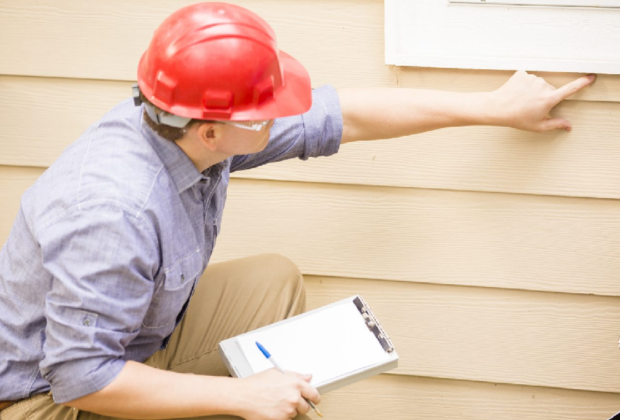Hampton housing prices were up 19.6% in February 2022 compared to February 2021, with an average price of $240K. And homes in Hampton sell on average after three weeks on the market, compared to 32 days in 2021. While popular homes can go for 4% over the list price and wait for as little as nine days, average homes sell for 1% above the listed price and wait as little as 21 days. Many houses, including the ones subjected to PICRA in Hampton, VA, receive several bids, and some with waived contingencies. Meanwhile, you might be enticed to skip a property inspection condition or forgo your right to take action based on the results. Having an inspection clause in the purchase agreement, on the other hand, is critical to safeguarding your rights.
This article will explain what a property inspection contingency plan is and how it works and how and when you could waive one. You’ll have a better idea of how to protect your interests while purchasing a home.
What Does It Mean to Have a Property Inspection Contingency?
Until a real estate contract may become binding, an inspection contingency demands a professional house inspection within a particular time frame. It guarantees that the buyer obtains critical information and gives them the option of negotiating repairs, lowering the sale price, or simply walking away with their money.
Making a contingent proposal on a home gives a buyer valuable protection and negotiation strength. So, if you have specifically established showstoppers in your purchase contract, it allows you to turn your back from the home sale. This article will go over a couple of the other possibilities later, but first, let’s go over the essentials of a house inspection.
A house inspection is hiring a licensed real estate professional to assess a property and provide buyers with an assessment of its condition. A typical inspection will check the structure, appliances, and major systems of the home to ensure that they are all in working order. This involves a thorough examination of your foundation, roof, attic, and major appliances, lighting, gas fireplace, HVAC systems, and plumbing.
You and the owner should agree on and obtain on paper the period of opportunity you have to conduct an inspection performed and written up to have the most effective home inspection clause. This is usually the same amount of time that the bidder has to inform the owner of any contract negotiations or modifications that the buyer wants based on the evaluation.
When Should You Waive an Inspection Condition?
A home inspection is usually a smart idea for homebuyers, even if it isn’t necessary. If nothing else, you’ll have a sense of where the house is and what to expect in the future. However, there’s no requirement that you act on it.
Waiving a property inspection contingency could be advantageous in some situations, and sellers, too, want clarity. It could provide you with an advantage in a multiple-bid circumstance if they could be more certain that your offer will get to the end of the deal as fewer contingencies are attached.
It’s vital to remember that if you decide to do this, you’ll be responsible for any maintenance required. If you forego this contingency, you must consider if the house is worth the additional investment in repairs that will be required.
Suppose you like the house but don’t want to give up the inspection contingency in a competitive market. In that case, there are other ways to sweeten your offer, such as paying an amount above the purchase price or offering to pay all or part of the closing costs normally paid by owners, such as the real estate agent commission.
As a term of the purchase agreement, a property inspection contingency, such as the PICRA in Hampton, VA, allows you to schedule a home inspection before closing. You can even use it to negotiate a lower price or have repairs made due to the results. Moreover, you can feel more confident about buying a house now that you know inspection contingencies.



















